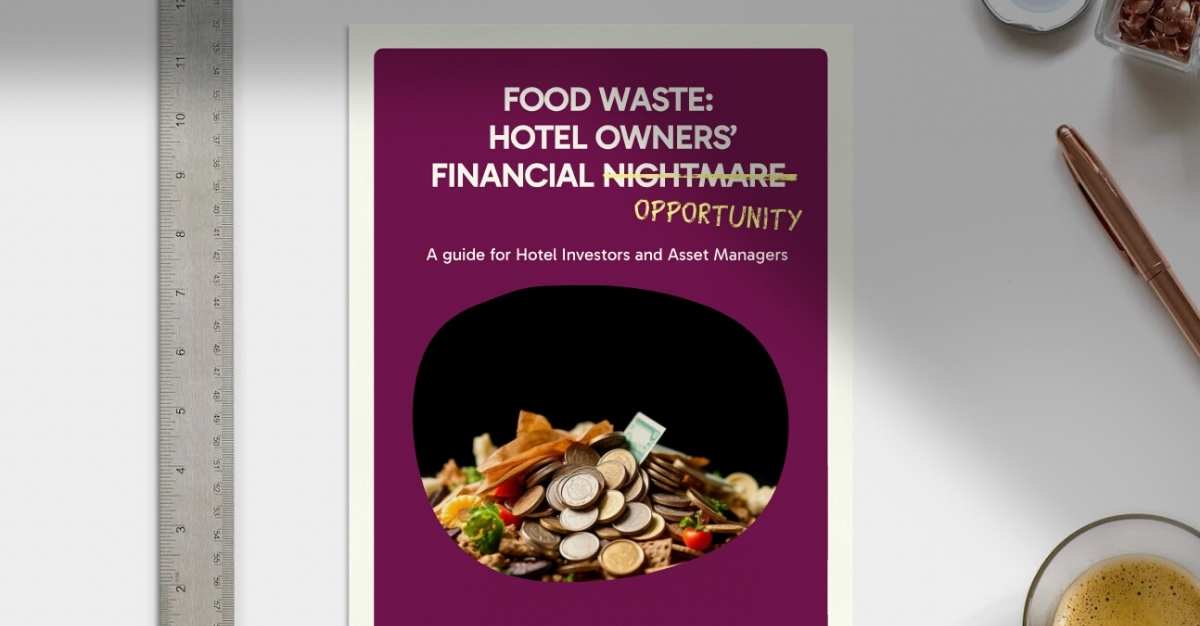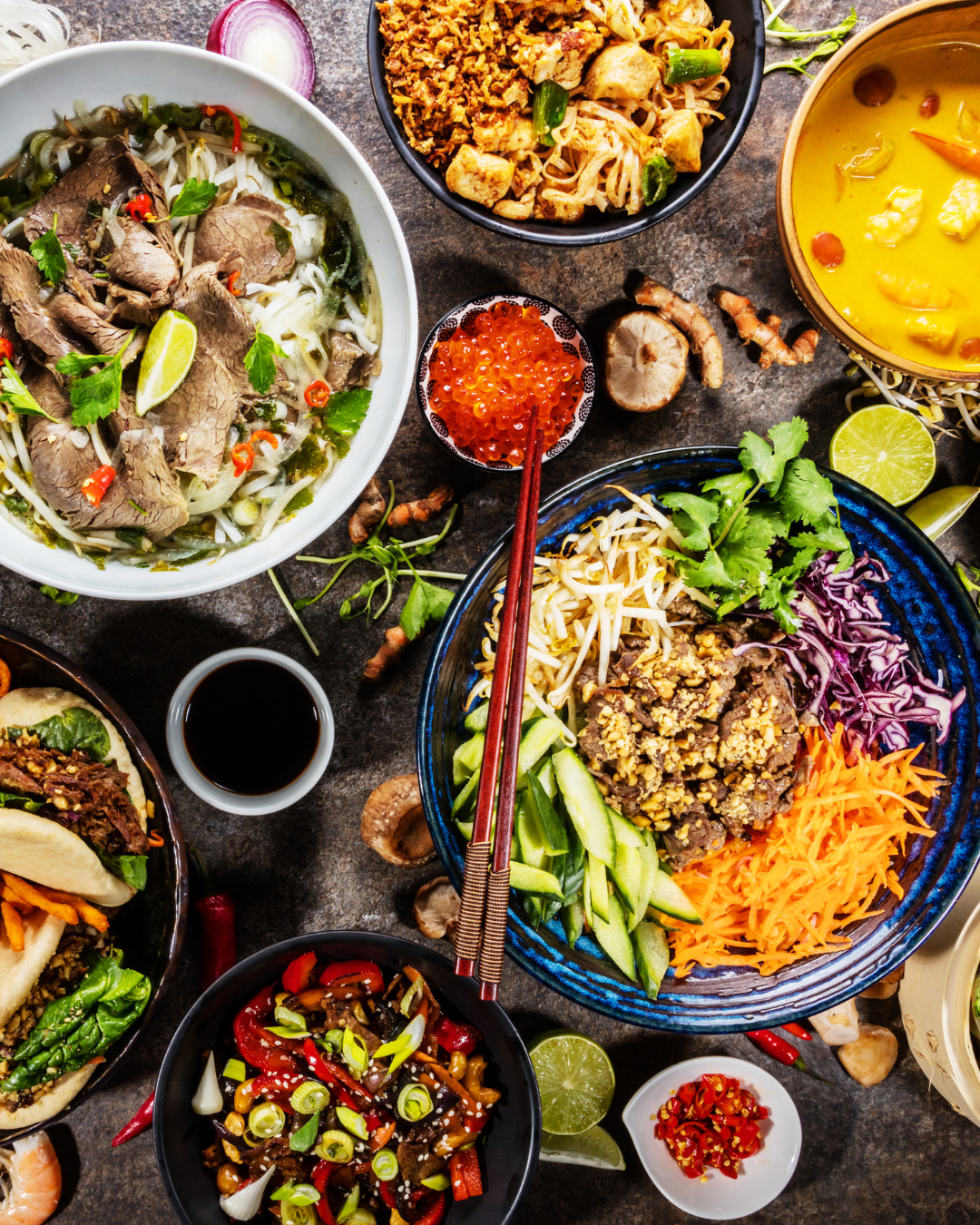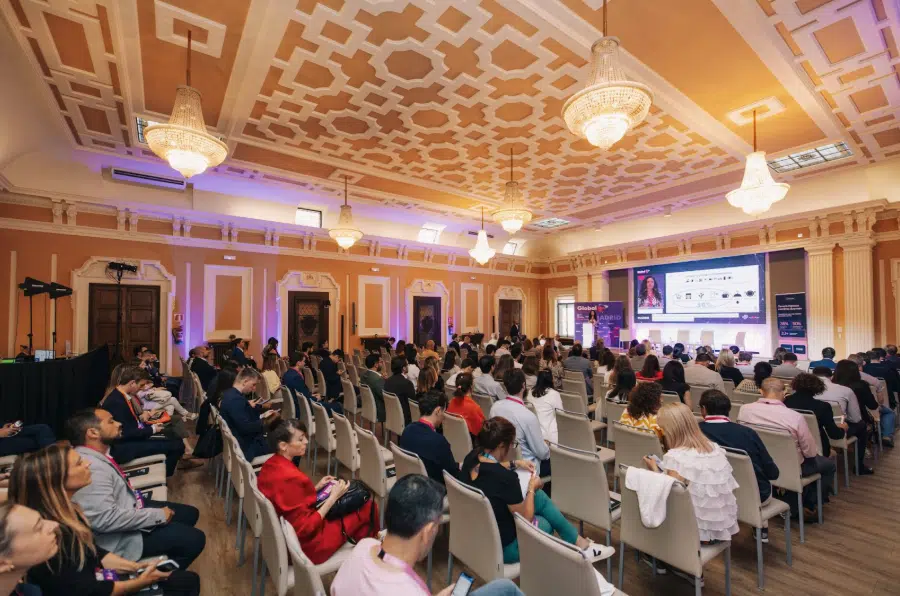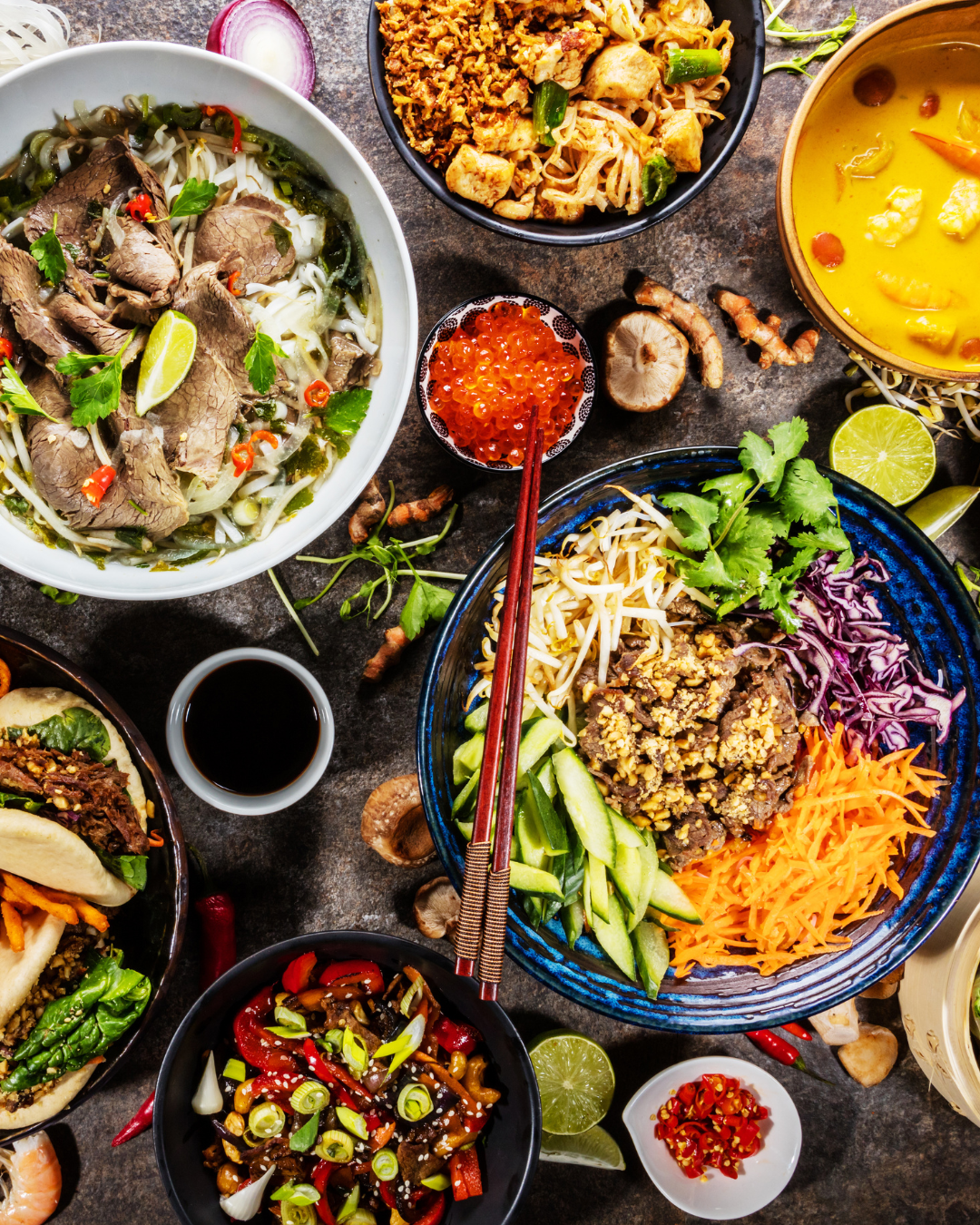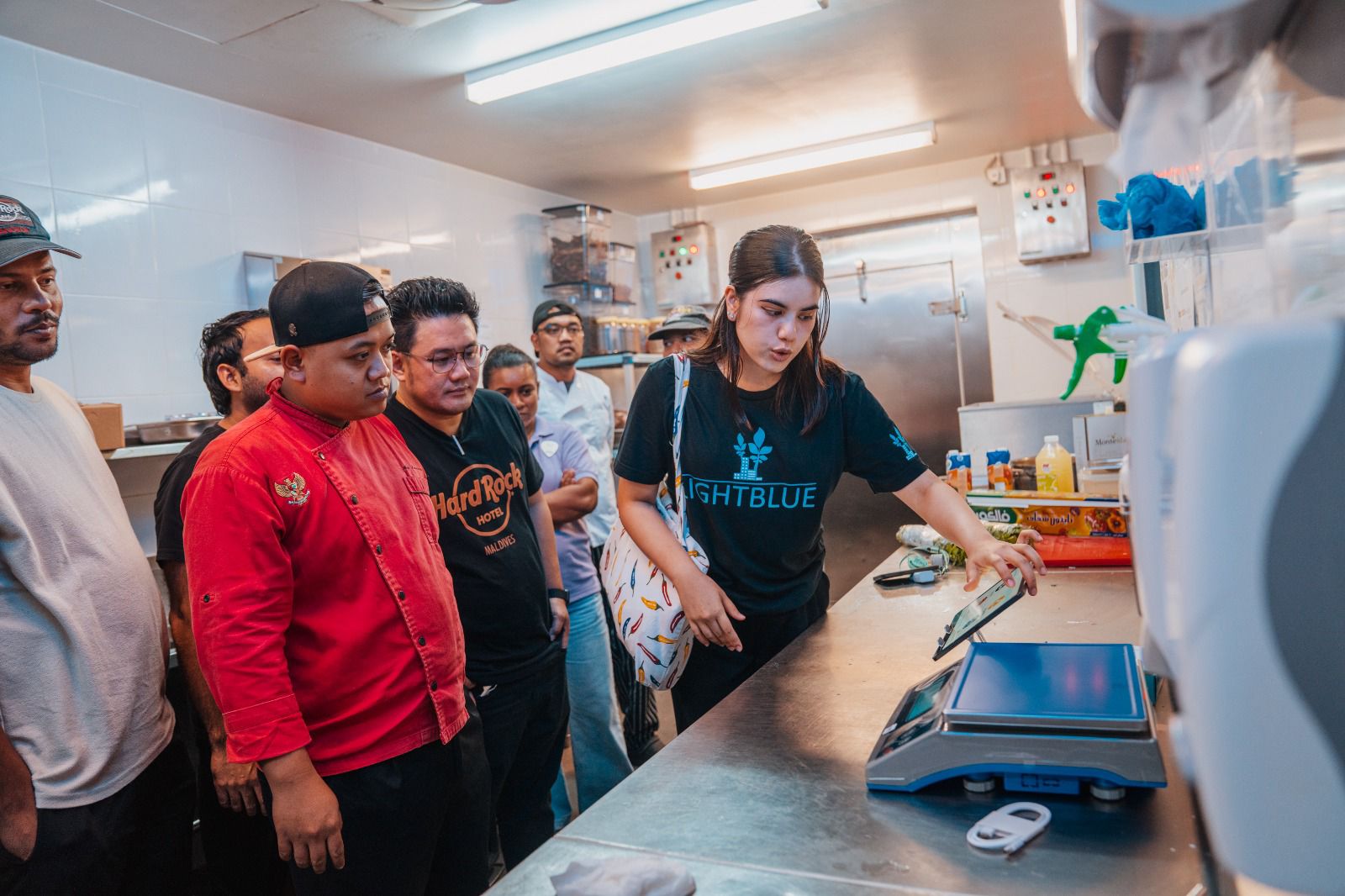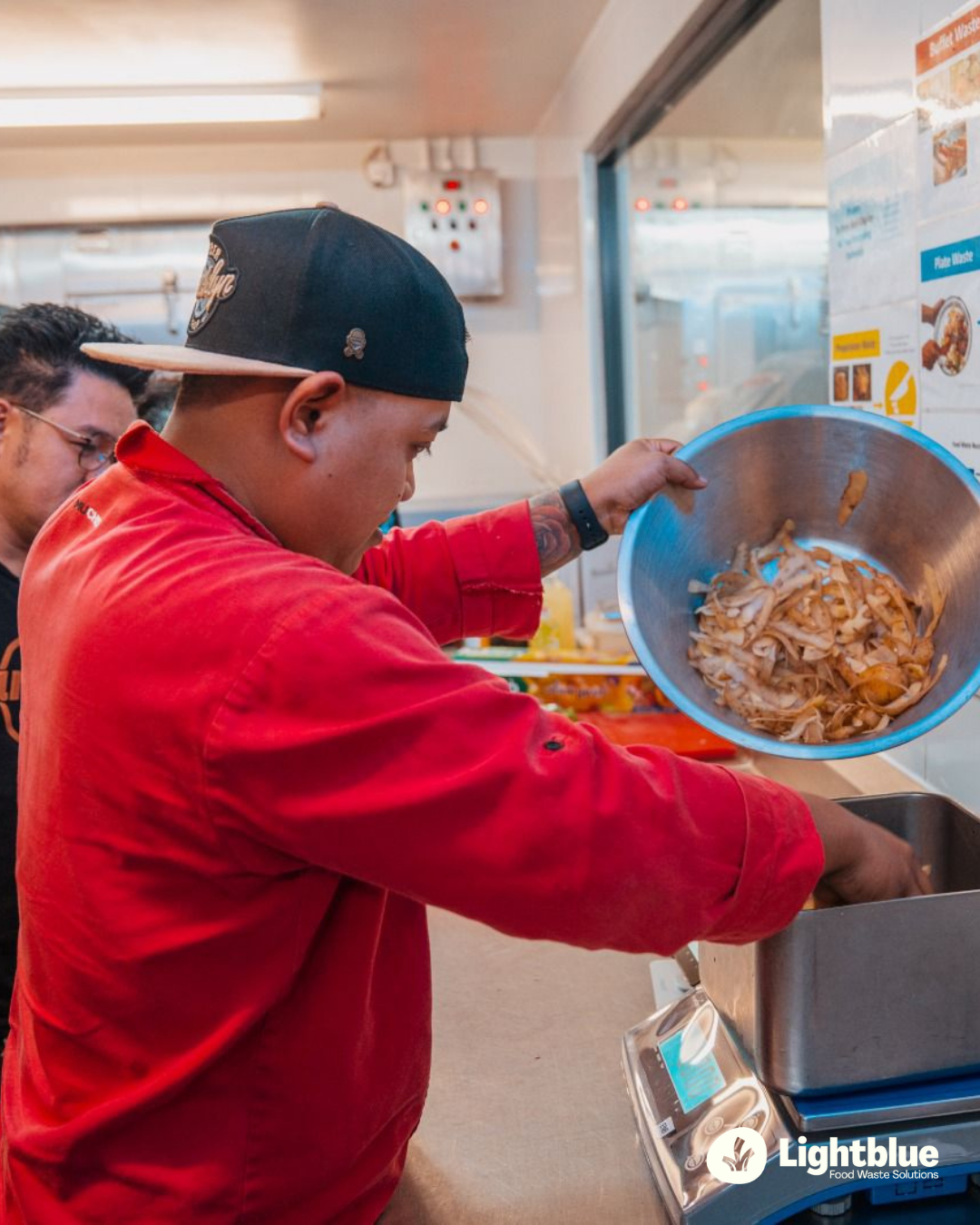Asia’s approach to food waste is moving from encouragement to enforcement, but the pace and shape of change varies by place. Think of the region in three tiers: highly mature systems with clear mandates and penalties; fast‑tightening frameworks led by cities and sector pilots; and emerging regimes where expectations are rising even if laws are lighter. Below is a concise, essay-style tour to help you understand what’s required today and where to watch for changes next.
East and Northeast Asia
Nowhere is the system more fully formed than in South Korea, where separating food scraps has become a reflex. Municipal RFID pay‑as‑you‑throw bins make the costs visible, while strong landfill limits and extensive anaerobic digestion and composting ensure there’s somewhere credible for organics to go. Businesses are expected to perform at least as well as households, and large generators often face stricter local rules. Because all of this sits inside broader circular‑economy and resource‑circulation laws, the expectations feel consistent rather than experimental.
Compared to South Korea, Japan takes a different route to a similar destination. Rather than mandating one-size-fits-all operations, it sets reduction and recycling targets for food-sector businesses and then measures and manages performance through reporting and administrative guidance. National policy aligns with prefectural and municipal planning, which keeps local initiatives coordinated. Practical reforms, such as easing the “one‑third rule” for date labels, work on waste at the source. Donations are encouraged with government-issued best practices, even though there’s no comprehensive Good Samaritan immunity. The rhythm of compliance here is about hitting targets, documenting progress, and adjusting operations as guidance evolves.

Meanwhile, Taiwan’s model feels familiar to anyone who’s worked in Korea: mandatory separation backed by routine municipal collection for regulated feed or composting, clear penalties for mixing, and a practical framework for donations anchored in food-safety rules and local incentives. Hong Kong SAR, by contrast, is building the house as it moves in. Government O·PARK facilities provide the backbone for diversion, pilots bring large generators on first, and the Municipal Solid Waste Charging Scheme’s timeline has shifted. For operators, the playbook is straightforward: segregate rigorously, use O·PARK or compliant services, and follow donation guidance in a jurisdiction that lacks broad donor‑immunity.
China blends behavioral rules with city-level mandates. The Anti-Food Waste Law targets the culture of excess by regulating catering practices, banning inducements to overeat, and curbing waste-promoting content. At the same time, the Solid Waste law and city ordinances, Shanghai’s 2019 rules set the tone, requiring separate collection and treatment of kitchen waste, with penalties for mixing. Sector-specific guidance and reporting duties commonly apply to catering and retail, making local compliance checks essential.
Southeast Asia
“Southeast Asia is best understood as a set of converging lines rather than a single curve.”
Singapore is codifying obligations under the Resource Sustainability Act in deliberate phases: new large developments must design for on‑site segregation and treatment; requirements for existing large generators and sectoral reporting are rolling out through the mid‑2020s. The state pairs penalties with technical help and funding, and encourages donation through strategy and guidance rather than liability shields. Operators should keep an eye on commencement dates and thresholds, as the timetables are precise and matter.
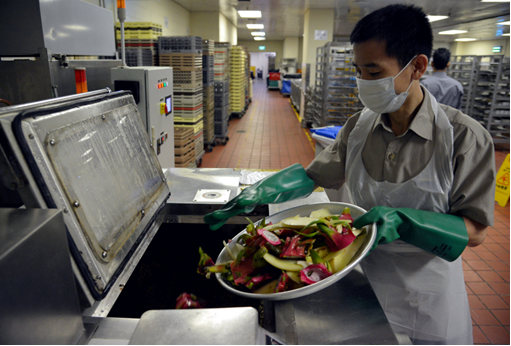
Indonesia flips the emphasis: a national strategy sets direction while cities get specific. Jakarta and other major municipalities now require organics to be separated by households and businesses, with fines for non‑compliance and improving access to collection. Donation is welcomed but not protected by a national Good Samaritan law, so risk management hinges on careful partner selection, safe handling, and documentation. Malaysia lands somewhere between federal scaffolding and local muscle. The Solid Waste and Public Cleansing Management Act enables mandates in federal territories and participating states, enforcement strength varies, and more cities are moving to require organics separation for defined generators. A notable difference here is the Food Donors Protection Act, which offers limited liability for good‑faith donations and lowers legal friction when partnering with food banks.
Thailand’s progress is municipal-first. National strategies set the tone, but cities like Bangkok drive the details: separate your organics, pay the collection and treatment fees, and expect closer scrutiny if you’re a hotel, mall, or market. A dedicated food-waste law has been discussed; businesses should confirm the latest status rather than rely on headlines. Donations can fit within general tax incentives, but food safety and traceability do the real work of risk control. Vietnam is tightening the legal bolts. The Law on Environmental Protection requires segregation and Decree 45/2022 penalizes mixing after the fact, while policy support for composting and anaerobic digestion expands and pilots in Hanoi and Ho Chi Minh City scale. Donations are encouraged through programs and guidance; in the absence of a specific national donor‑liability law, reputable intermediaries are the sensible route.
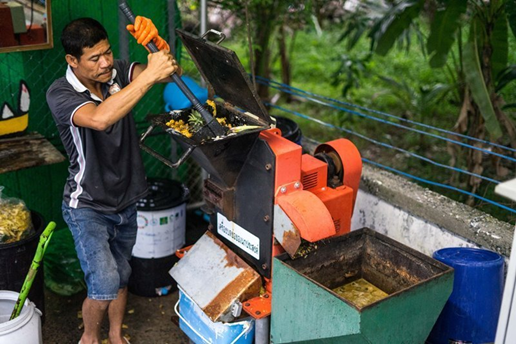
The Philippines made segregation a national expectation years ago under RA 9003, then pushed responsibility to cities to build the materials recovery and composting systems to handle it. Places like Quezon City have layered on food-waste‑specific rules around donation, separation, and in some cases reporting. Several national bills would create a Food Waste Reduction Act and Good Samaritan‑style protections; verify what, if anything, has passed before relying on immunity.
Across Myanmar, Cambodia, Laos, Brunei, and Timor‑Leste, frameworks are emerging but lighter. Municipalities have authority to introduce separation and collection pilots, but food‑waste‑specific mandates and donor protections are limited. In practice, treat segregation and safe donation as standard operating procedure, not as a legal afterthought.
South Asia
South Asia blends nationwide baselines with city‑level teeth. India requires segregation under the Solid Waste Management Rules and pushes urban bodies to process biodegradables via composting or biomethanation. Many states and cities go further by imposing explicit duties on “bulk waste generators”, apartment complexes, hotels, markets, campuses, to install on‑site systems or guarantee segregated collection to approved facilities. On surplus food, FSSAI’s 2019 regulations set hygiene and handling standards for donations through food banks and NGOs, creating clarity on roles even without Good Samaritan immunity.
Sri Lanka coordinates local by‑laws under a national policy so the rules feel predictable: separate waste, prioritize organics processing, and expect penalties if you mix. Pakistan’s provincial laws in Punjab, Sindh, and Khyber Pakhtunkhwa mandate segregation and enable penalties, with local rules commonly tightening requirements for bulk generators. Nepal’s national law underpins city action; Kathmandu now enforces organics separation with fines. Bhutan requires segregation and backs it with penalties under its waste legislation, while the Maldives is scaling island‑level plans, user fees, and organics processing under its newer framework. None of these jurisdictions provides sweeping national donor‑immunity, so contractual clarity and rigorous handling are the guardrails for donation.
What this means for businesses
Across Asia, the safe default is to separate organics at source, document weights and destinations, and partner only with licensed collectors, processors, and reputable donation intermediaries. Where donor protections are limited or evolving, align with government guidance and keep traceability tight. Finally, watch city ordinances and commencement dates, they often move faster than national laws and are where your day-to-day obligations will be set.
Join the movement
Asia’s food-waste rules are tightening fast. Turn compliance into advantage by separating at source, tracking outputs, using licensed collectors, donating through reputable partners, and staying ahead of local start dates.
Lightblue makes this easy.
See how FIT Food Intel Tech turns regulations into results: Lightblue Solutions, FIT
Contact Us



